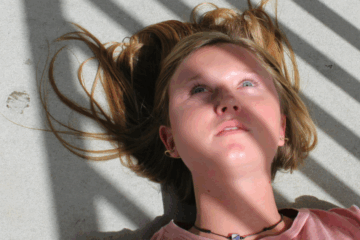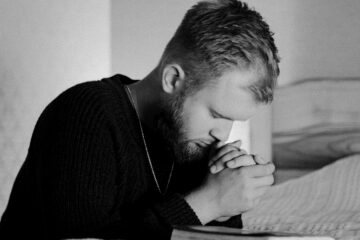Fr. Andreas Agathokleous
There’s clearly confusion among a good few members of the Church as to how to live, how to behave and what constitutes a sin. There’s also a strong attachment to their sinful past and this increases their feelings of guilt.
Nobody wants to live without joy, without appreciating life, without a thankful recognition of the many gifts which have been bestowed on us by God’s love.
I think that our theological position plays a significant role in how we come to terms with our past and how we view the future. Not necessarily spiritual theology, but rather the manner in which we’re called upon to live. In other words, the theology we receive defines our way of life, and this depends on the instruction and the upbringing which have marked us from childhood.
Orthodox theology and life, as these have been passed down to us by our ancient and modern holy fathers and mothers, have tremendous beauty, broad freedom and great joy. They certainly don’t encourage feelings of guilt, even when they invite us to feel contrition concerning our former life. This is because contrition is considered to be the beginning of repentance, which reveals a new life.
Saint Joseph the Hesychast writes: ‘We do not grieve over what lies behind us, but rejoice over what lies ahead. For the lesser is blessed by the greater; and sin, be it great or small, is expunged by true repentance. Do not look back at things in the past, but reach out to those in the future’ [1]. Where is there room for guilt, despondency and gloom in such a view of repentance?
Depending on their receptiveness, Orthodox Christians, who’ve been taught by a confessor and guide with the Orthodox ethos and theology, know how to struggle, how to repent, how to see themselves and others and how to ‘go on their way rejoicing’ (Acts 8, 39).
Certainly, the joy bestowed by Christ isn’t sentimental elation. It’s the fruit of the Holy Spirit and we need toil, effort, pain and tears to cleanse ourselves of our various passions and sins. Patience and persistence, together with hope and trust in the victor over death, are necessary requirements if we’re not to be disheartened at seeing the same things repeated year after year.
This is why the Orthodox vision of sin, repentance and our life is so necessary. While it’s the responsibility of the shepherds and teachers of the Church to ‘rightly divide the word of truth’, all of us, nevertheless, have a responsibility to ourselves to find a teacher and father who is of the Orthodox way of thinking, so that we can find the ‘path of salvation’ on which to rejoice. The Orthodox Church contains the truth and it’s impossible for this truth not to bestow contentment, completion and freedom upon us, even in this present age.
[1] Ρήματα ζωής αιωνίου, [Words of Eternal Life], Holy Metropolis of Limassol, 2020, p. 119.
Source: pemptousia.com




0 Comments